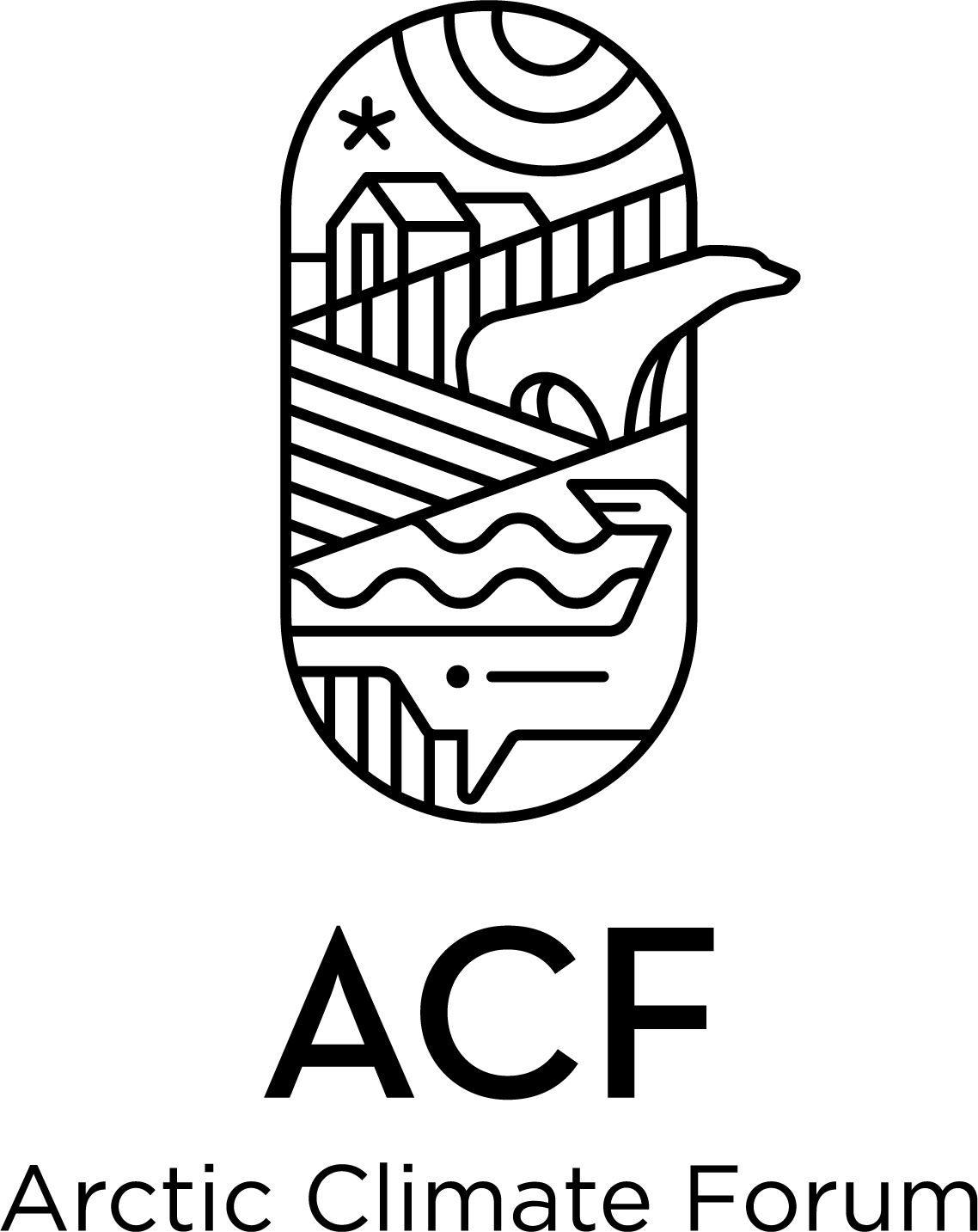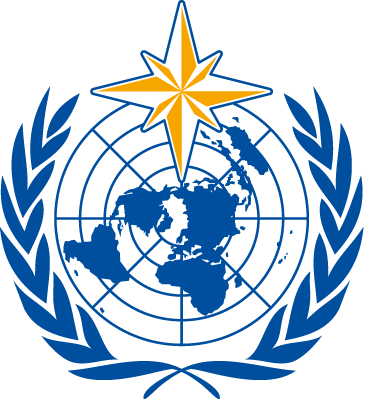
Climate change in the Arctic is affecting the entire Earth system. Northerners, Indigenous communities, industry and wildlife are experiencing significant and direct impacts. For example, temperature increases have led to significant reductions of sea ice, thawing permafrost and coastal erosion. To meet the Arctic adaptation and decision-making needs, substantial progress has been made towards the establishment of an Arctic Regional Climate Centre Network (ArcRCC-Network). ArcRCC-Network is based on the WMO RCC concept with active contributions from all the Arctic Council member countries through a mutually agreed structure consisting of three sub-regional geographical nodes, namely, (i) North America Node, (ii) Northern Europe and Greenland Node and (iii) Eurasia Node.
The Arctic Climate Forum (ACF), previously Pan-Arctic Regional Climate Outlook Forum (PARCOF), is a flagship activity of the ArcRCC-Network, following the Regional Climate Outlook Forum (RCOF) concept supported by WMO and its partners around the world.
The first session of ACF took place in Ottawa, Canada, 15 to 16 May 2018.
The main objectives of ACF are to:
- establish a sustainable interaction mechanism between climate information providers and users on an ongoing basis;
- review monthly and seasonal forecast products for the region (temperature, precipitation as well as various operational and experimental sea ice products) and develop statements in plain language to communicate the information as well as the associated risks;
- provide a platform to work together to co-develop useful output products such as consensus statement on the current status and future outlook of the Arctic climate for the upcoming season, taking into account northern/indigenous perspectives;
- engage with key users, decision-makers and indigenous knowledge holders in a dialogue to better understand their needs and for them to explore how indigenous perspectives can be mobilized by the ArcRCC-Network;
- discuss with the polar scientific community, especially those involved in the Polar Prediction Project (PPP) and Year Of Polar Prediction (YOPP) activities, how advances in knowledge will translate into improvements in regional-scale services delivered through the ArcRCC-Network; and
- learn about the climate information currently used for planning and decision making, and user needs for climate information, also to raise user awareness on new climate products and services including their reliability aspects.
